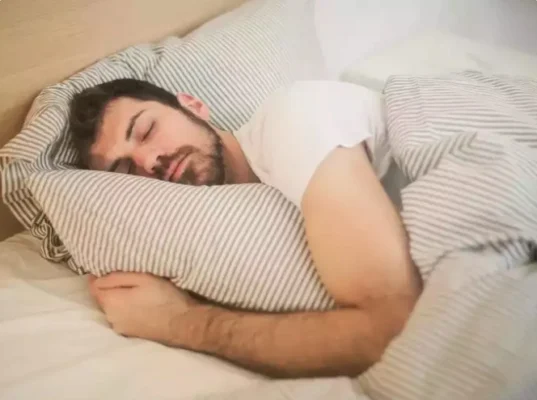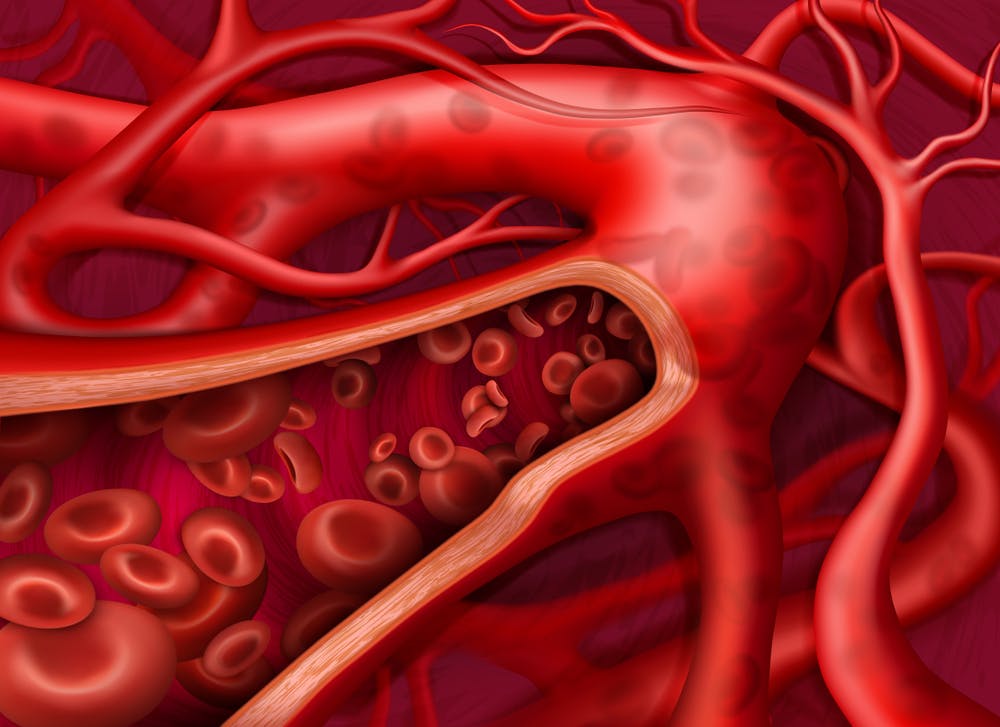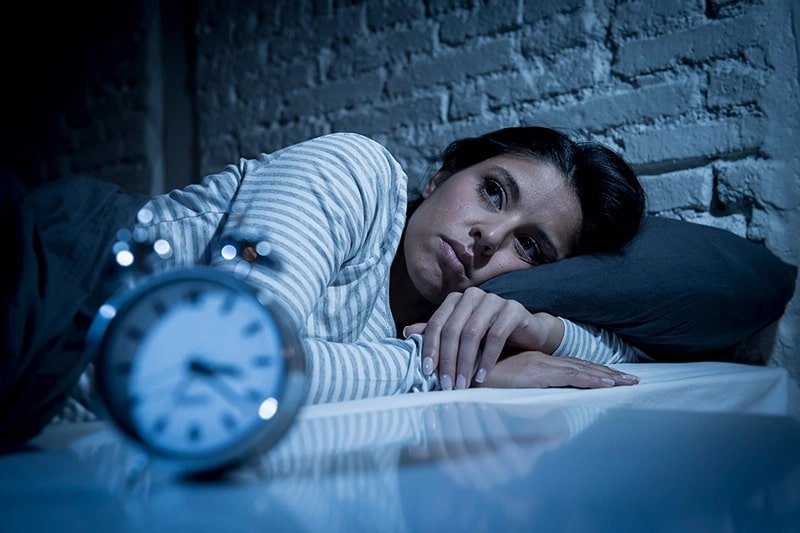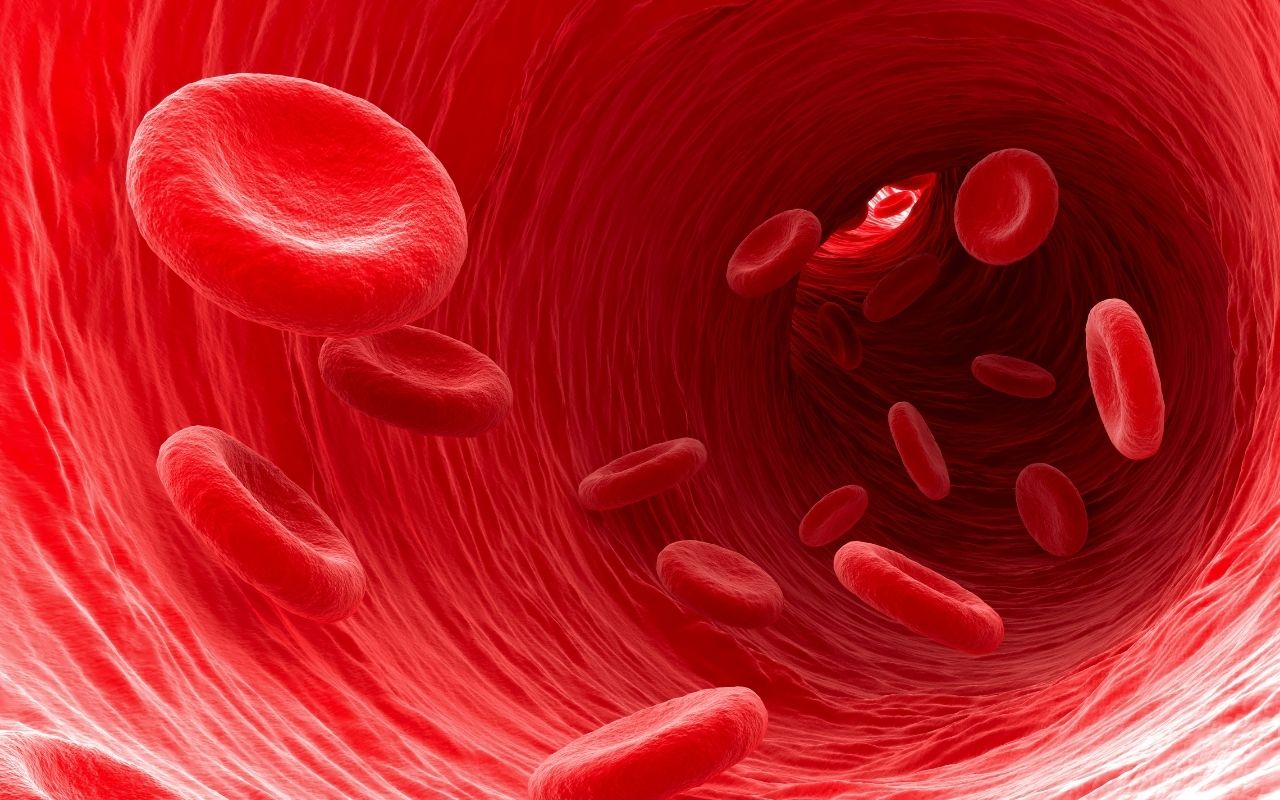Sleeping for the right amount of time but not entering deep sleep is a common issue. Many turn to sleep medications for help, but these come with risks such as dependence and disrupted natural sleep cycles. In this article, you’ll learn exactly what deep sleep is, why it matters, and how to get 8 hours of deep sleep naturally—without medication.
What Is Deep Sleep and Why Does It Matter?
Deep sleep (also known as N3 stage or slow-wave sleep) is the most restorative phase of the sleep cycle. During deep sleep:
- Breathing and heart rate slow significantly
- The body regenerates energy and repairs tissues
- The brain clears out toxins and consolidates memory
- The immune system is activated and strengthened
A typical night’s sleep includes several 90-minute cycles, and deep sleep accounts for 20–25% of total sleep time. Without sufficient deep sleep, even if you sleep 7–8 hours, you may experience:
- Fatigue and grogginess upon waking
- Difficulty concentrating
- Mood swings and irritability
- Weakened immunity and slower recovery
- Poor decision-making and productivity
Thus, it’s not just about sleeping long — it’s about sleeping deeply.

Deep sleep is the time when the body and brain enter the deepest state of rest
Common Causes of Poor Deep Sleep
- Chronic stress and anxiety: Mental overactivity keeps the brain in a state of alertness, preventing it from fully relaxing and reaching deep sleep stages.
- Exposure to screens before bed: Blue light from phones, computers, and TVs suppresses melatonin — the hormone responsible for regulating sleep — making it harder to fall asleep or stay asleep.
- Poor eating and lifestyle habits: Heavy meals, alcohol, caffeine in the evening, or lack of daily movement can disrupt the body’s natural sleep rhythm.
- Disrupted circadian rhythm: Irregular sleep schedules, late nights, and frequent changes in bedtime confuse the internal body clock, making deep sleep less likely.
- Underlying medical conditions: Sleep apnea, frequent nighttime urination, hormonal imbalances, menopause, and cardiovascular or neurological issues can interfere with deep sleep.
7 Natural Habits to Get 8 Hours of Deep Sleep Without Medication
Establish a consistent sleep schedule
Go to bed and wake up at the same time every day, including weekends. This helps regulate your circadian rhythm and makes it easier to fall into deep sleep naturally.
Avoid screens at least 1 hour before bed
Instead of scrolling through your phone or watching TV, try:
- Reading a physical book
- Listening to calming music
- Meditating or journaling
- Having light conversations
Do light exercise during the day
Activities like walking, yoga, or cycling help release excess energy and boost natural melatonin production, making it easier to fall asleep. Avoid vigorous workouts right before bed.
Create a sleep-friendly environment
- Keep your room dark, quiet, and cool (around 22–26°C)
- Choose comfortable bedding with breathable fabrics
- Reduce noise and light distractions
- Consider using relaxing essential oils like lavender or peppermint
Eat foods that promote deep sleep
Certain foods naturally support the production of serotonin and melatonin:
- Bananas, oats, warm milk
- Almonds, walnuts, chia seeds
- Herbal teas like chamomile, lotus seed, or peppermint
- Avoid large meals, caffeine, and alcohol after 4 PM.
Practice deep breathing or meditation before bed
Try the 4–7–8 breathing technique: inhale for 4 seconds, hold for 7 seconds, exhale for 8 seconds. This calms the nervous system and helps the body ease into deeper sleep.
Write down your worries
If your mind races at night, spend 10 minutes writing down concerns or to-do lists before bed. Offloading these thoughts helps free your mind and encourages restful sleep.
Important Notes on Avoiding Sleep Medication
- Never take sleeping pills without medical advice
- Use them only as a short-term solution under doctor supervision
- Focus on building consistent sleep hygiene habits instead
- If insomnia persists, consult a neurologist or mental health professional to identify underlying causes

Developing healthy sleep habits will help you sleep more deeply
When to See a Doctor
Consult a healthcare professional if you experience:
- Poor sleep quality for more than 3 weeks
- Constant fatigue despite 7–8 hours of sleep
- Loud snoring or signs of sleep apnea
- Frequent nighttime awakenings or insomnia
- Persistent anxiety, depression, or mood swings
Addressing sleep disorders early can help prevent long-term health consequences and restore quality of life.
Getting 8 hours of deep sleep each night is entirely possible — no pills required. With the right understanding of how sleep works and a few lifestyle changes, you can build a solid foundation for restful, restorative sleep.
Start with small changes: reduce screen time, exercise regularly, eat mindfully, and create a bedtime routine that signals your brain it’s time to rest. Deep sleep is a reflection of how well you care for your body and mind — nurture both, and the results will follow.







